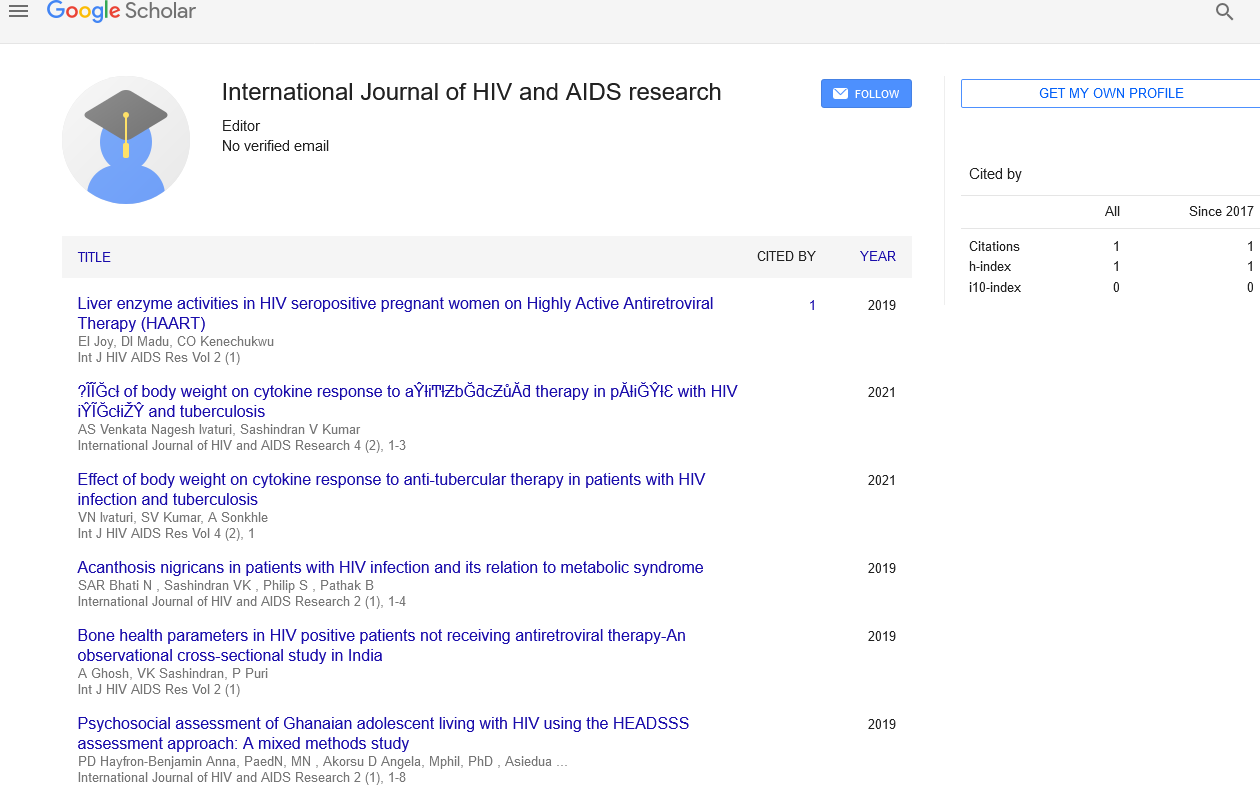
Sign up for email alert when new content gets added: Sign up
Beneficial effects of thymoquinone on metabolic function and fatty liver in a murine model of Obesity
3rd International Conference on Food Science and Technology
November 11-12, 2019 | London, UK
Nader G Abraham
New York Medical College, USA
Keynote: Appl Food Sci J
Abstract :
Aim: Nigella Sativa seeds contain a high amount of Thymoquinone (TQ), an antioxidant. We therefore hypothesized
that Nigella Sativa oil would; through the antioxidant, properties of TQ ameliorate obesity-induced hyperglycaemia,
and decrease blood pressure and OX-LDL in obese mice.
Methods: Commencing at eight weeks of age, C57B16 male mice were fed a high fat diet (HF) for 20 weeks.
Mice were divided into three groups of five animals each as follows: group 1) Lean, group 2) HF diet, group 3)
HF diet treated for the last 8 weeks with 3%TQ. Inflammatory biomarkers, antioxidant biomarkers, mitochondrial
biogenesis and tissue fat accumulation and hepatic steatosis were determined.
Results: 3% TQ treatment resulted in an increase of oxygen consumption decreased fasting glucose and blood
pressure (P<0.05) as compared in obese mice. TQ treatment increased both the quantity of hepatic HO-1, and
HO activity in response to 3%TQ. Additionally, mitochondrial Mfn2, PGC1�±, insulin receptor phosphorylation in
response to TQ while decreased LDL and OX-LDL (P<0.05) and haptic lipid accumulation.
Conclusions: Fundamentally, TQ intervention attenuated the obesity-mediated decrease of oxygen consumption,
fasting glucose, improved mitochondrial biogenesis through an increase and in levels of HO-1 that is associated
with ablated HF-induced LDL. Our findings indicate a potential clinical role for TQ in the prevention of obesityrelated
steatosis (fatty liver) in metabolic disease.
Biography :
Nader G. Abraham, Ph.D., Dr.h.c., FAHA obtained his doctorate degree in 1975 from Mount Sinai School of Medicine, NY and post-doctoral training at The Rockefeller University in 1976 and an honorary doctorate degree in Pharmacy, 2010 and Fellow of American Heart association in 2006. He joined New York Medical College in 1978 as Assistant Professor and rose to the rank of full professor of Medicine and Pharmacology by 2009. In 2009, he appointed as Chair of Physiology and Pharmacology in Ohio State Medical School at Toledo, Ohio and in 2012 accepted position as Vice Dean of the Joan C. Edwards Medical School in West Virginia. He is currently dedicated full time in translational research at New York Medical College. The research program in his laboratory are focused on the role of natural (Thymoquinone oil, Pomegranate oil), and pharmacological agents on obesity and metabolic diseases including cardiovascular disease, hypertension and diabetes, more specifically, Apo-A-mimetic peptide, resveratrol, high fat diets and calorie restriction diets on human disease models, in the regulation of inflammation and CVD. Currently He is utilizing gene targeting approaches, transgenic animal and human epicardial fat to fully elucidated the pathophysiological significance of pharmacological molecules in the pathogenesis of vascular dysfunction, hypertension and left ventricle function. The major focus of his laboratory is the investigation of the participation of the antioxidant gene in the regulation of stem cell and vascular system in human and animal models of obesity. He published more than 350 manuscripts in peer-reviewed journals including Science, J. Clinical investigation, Circ. Research and PNAS. He has lectured extensively throughout the world. He is editor of seven books and also serves on several NIH Study sections. He is a recipient of numerous awards including NIH research Career Development award in 1981, Dean distinguished research award from New York Medical College and The University of Catania, Catania, Italy. Professor the year in 2008 in Japan. He has served as a member of National Institutes of Health study sections and has held continuous NIH funding from 1981 to 2020.
E-mail: nader_abraham@nymc.edu




